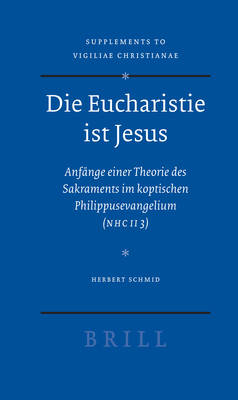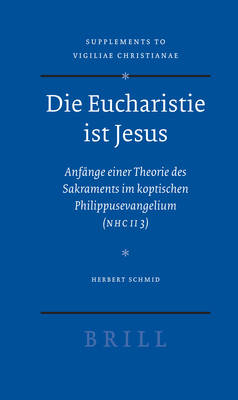
- Afhalen na 1 uur in een winkel met voorraad
- Gratis thuislevering in België vanaf € 30
- Ruim aanbod met 7 miljoen producten
- Afhalen na 1 uur in een winkel met voorraad
- Gratis thuislevering in België vanaf € 30
- Ruim aanbod met 7 miljoen producten
Zoeken
Omschrijving
Given the concept of salvation through knowledge in Valentinian Gnosis, which is basically anti-materialist, one would not expect concrete physical rituals to play a large role in its practice. The Nag Hammadi Gospel of Philip is widely recognized as a Valentinian text, yet it contains portions of a treatise on the value of baptism, anointing, and the eucharist. The text, which arguably comes from the end of the second century, presents the first developed theory and justification of these sacraments in Early Christianity. The present study reconstructs this theory from the fragmentary text and considers its consequences for the organization of the community. Thus, the book is also an attempt to address the problem of institutionalization in early Christian communities.
Specificaties
Betrokkenen
- Auteur(s):
- Uitgeverij:
Inhoud
- Aantal bladzijden:
- 556
- Taal:
- Engels
- Reeks:
- Reeksnummer:
- nr. 88
Eigenschappen
- Productcode (EAN):
- 9789004160965
- Verschijningsdatum:
- 29/08/2007
- Uitvoering:
- Hardcover
- Formaat:
- Genaaid
- Afmetingen:
- 170 mm x 244 mm
- Gewicht:
- 1138 g

Alleen bij Standaard Boekhandel
+ 885 punten op je klantenkaart van Standaard Boekhandel
Beoordelingen
We publiceren alleen reviews die voldoen aan de voorwaarden voor reviews. Bekijk onze voorwaarden voor reviews.








